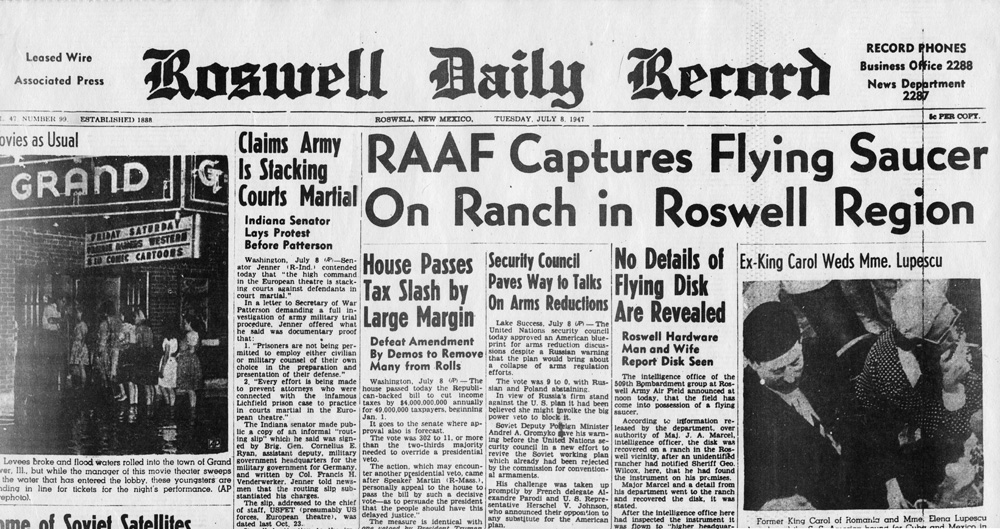Posted by Marc Hodak on July 28, 2013 under Executive compensation, Governance, Invisible trade-offs | 

I am often dismayed by the popular response to “dollar-a-year CEOs.” These bosses give the media a feel-good story: You don’t have to be greedy. You can be a not-so-fat-cat!
Apparently it’s not just John Q. Public–several times removed from the real world of compensation governance–that buys this stuff. Just last week, a tech company CEO in a WSJ “expert” panel praised the dollar-a-year standard, and the swell guys and gals who adopt it, saying that all CEOs should be so virtuous.
These are people that are out to change the world. They are owners. They are builders. They bleed for their company and what they are creating. It’s not about the money.
His examples were Steve Jobs, Larry Ellison, Mark Zuckerburg, Meg Whitman, Larry Page. Do you see a pattern (besides all the money)?
Read more of this article »
Posted by Marc Hodak on July 23, 2013 under Governance, History, Invisible trade-offs | 

The birth of a new British heir once again causes us governance geeks to scratch our heads at the succession mechanism formally known as primogeniture, the winner-take-all system whereby the first-born (generally male, but not always) becomes heir to substantially all of the parents’ titles and property. In the context of a monarchy, has anyone ever believed that such a mechanism would consistently yield good leaders?
The answer, of course, is “No,” but the question assumes the wrong purpose. In fact, primogeniture did not evolve as a way to select a certain quality of leader; it evolved as a way to enable society to accumulate capital.
For most of history, it was extremely difficult to preserve and grow capital from one generation to the next. Before the 19th Century, the lives of ordinary people–how they labored and what they had in their homes–were virtually indistinguishable from that of their grandparents. Things were hardly better among the aristocracy. For them, accumulated property was basically an invitation to plunder. Consequently, from the Fall of Rome to the Industrial Revolution, the vast majority of capital created by the upper classes was in the form of weaponry, and most of that was consumed in battle. It was in this neo-Hobbesian war of all against all that primogeniture evolved as a way to select kings.
The customary transfer of allegiance of powerful nobles from their king to a royal heir greatly reduced the odds of a civil war. Societies that tended to avoid civil war tended to accumulate far more capital. More capital made them more powerful, economically and militarily, creating a dynamic that eventually led to the institution of monarchical succession via primogeniture spreading throughout most of the world.
Read more of this article »
Posted by Marc Hodak on July 10, 2013 under Governance | 

This week we celebrate the 65th anniversary of the Roswell crash landing, a watershed event for conspiracy theorists everywhere. I sympathize with the hapless Air Force officers looking at the wreckage of their high-altitude weather balloon, the glass, rubber, and metal strewn around, probably including a reflective saucer-shaped instrument shell, and having to explain within the bounds of military secrecy what happened that night, only to be met with the suspicion of people wearing tin-foil hats. The chagrin of those officers must have turned to alarm as the fallen balloon was figuratively resurrected, and the flying saucer took off as one of the enduring stories of our time: A crash landing by stray aliens being covered up by the U.S. government for its own nefarious, if unspecified, purposes.
The reason I can easily sympathize with the government on this is because I have seen an even bigger conspiracy theory that I personally know to be equally ludicrous—the conspiracy of corporate leaders to control the U.S. political and economic machinery to their personal benefit. A whole phalanx of academics, journalists, and elected officials has benefited from the public’s credulous acceptance of this theory, especially with regards to executive pay.
Lest I be accused of creating my own anti-“corporate conspiracy” conspiracy theory, let me quickly add that each of these parties has participated in their part of the anti-corporate crusade according to their own particular incentives, i.e., to publish in select journals, sell newspapers or airtime, or win higher elected office. No coordination was necessary to blow this balloon beyond what reality could contain.
Read more of this article »
Posted by Marc Hodak on July 1, 2013 under Governance, History | 

As we celebrate the birth of our country this week, I think it’s worth reflecting on the United States as history’s most daring experiment in governance.
Most of us were taught the Constitution in middle or high school as a series of clauses defining the various workings of our federal government. Some concepts such as “checks and balances” managed to penetrate our pubescent fog because the idea of constraints on authority is innately appealing to young people. But few of us were left with a sense of how bold an innovation our Constitution was at the time of its adoption, or how fragile was the republic that it created. Understanding those things greatly enhances one’s appreciation of the American civilization that would emerge from that experiment.
Read more of this article »



